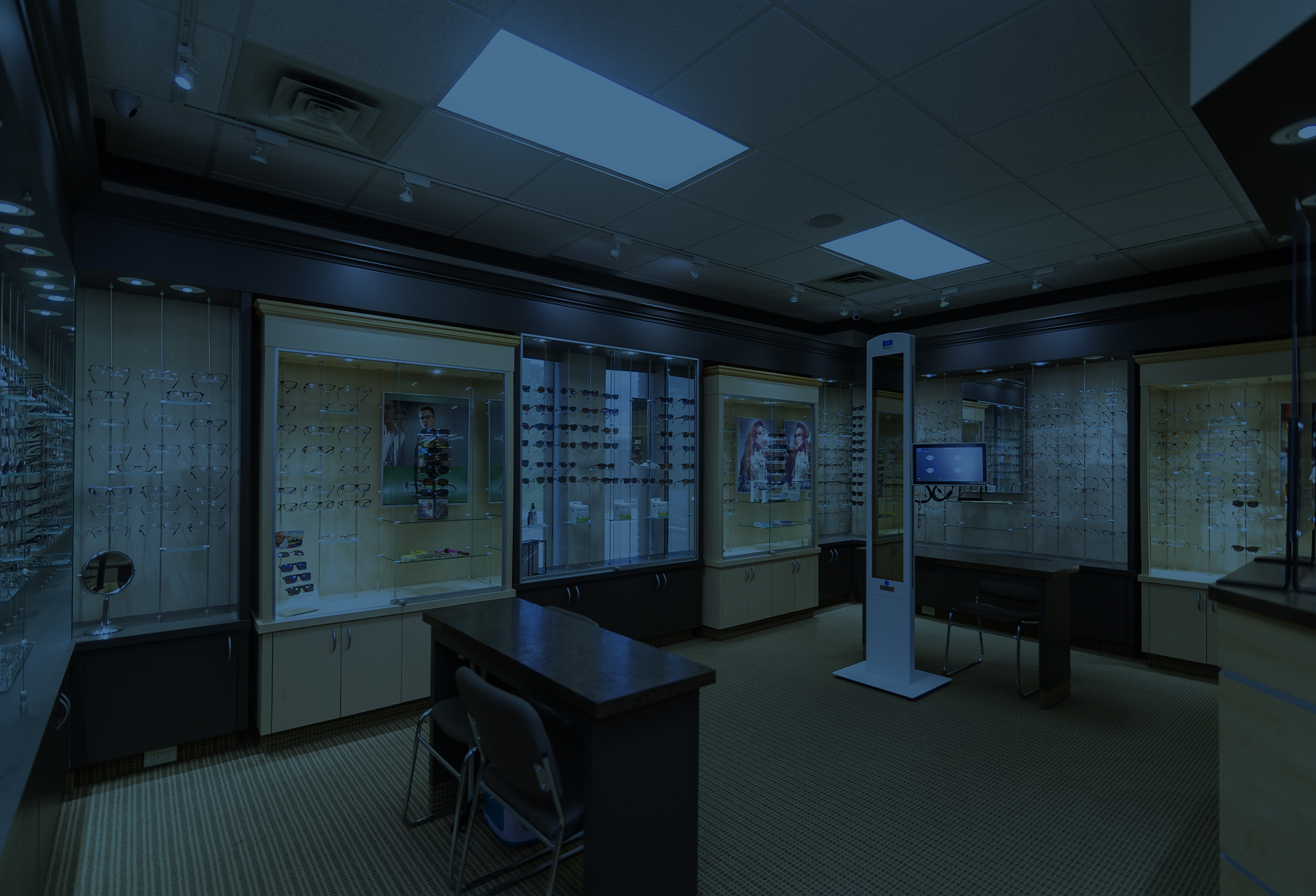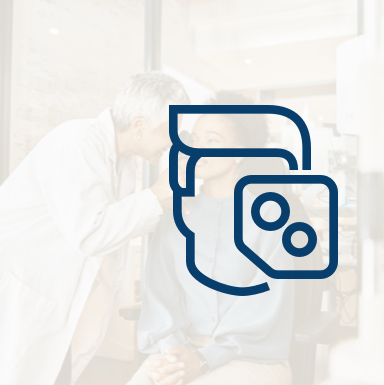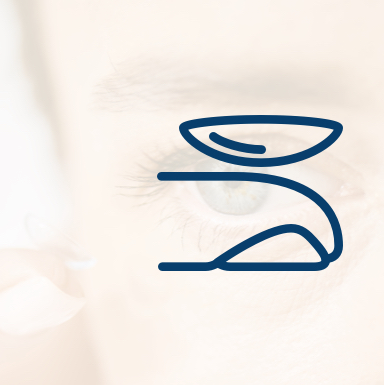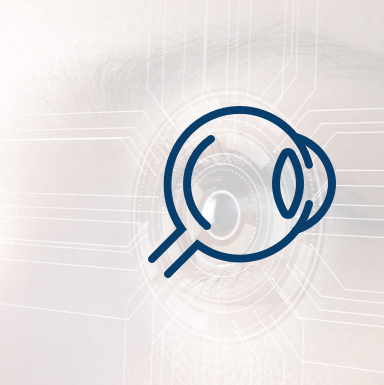Protect Your Eye Health & Vision with Regular Exams
Your eye health and vision need to change throughout your life. Routine eye exams are crucial for meeting your daily vision needs and identifying early signs of potential problems.
Early detection is key in effectively treating many eye conditions and diseases, including preventing leading causes of vision loss.
At Dr. David Oliphant Optometry, our eye exams are thorough, including optical coherence tomography (OCT) for all uninsured exams. OCT is a noninvasive test that provides detailed images, aiding in the detection and management of various eye conditions.
Schedule a comprehensive eye exam and get a complete picture of your eye health.
We Can Help Manage Many Common Eye Diseases
We test for common eye diseases and conditions that can impact your vision during every regular eye exam. These include the leading causes of blindness in Canada: glaucoma, cataracts, age-related macular degeneration, and diabetic retinopathy.
An estimated 5.59 million Canadians live with an eye disease that can cause sight loss. We want to help you protect your vision with thorough, personalized eye care.


Optical Coherence Tomography to Capture the Details
At Dr. David Oliphant Optometry, we use advanced optical coherence tomography (OCT) technology to capture detailed cross-sectional images of your retina and optic nerve.
This noninvasive scan helps prevent vision loss by allowing us to detect and manage various eye conditions, such as glaucoma, macular degeneration, and diabetic retinopathy, early. OCT precisely monitors changes in your eye health for more accurate diagnoses and early treatments.
Glaucoma
Glaucoma is a group of eye diseases that cause progressive damage to the optic nerve. There are several types of glaucoma, but open-angle is the most common.
Most forms of glaucoma are associated with high internal eye pressure (IOP). Glaucoma often progresses without symptoms or pain and can result in irreversible blindness, beginning with peripheral vision loss and tunnel vision.
Treatments for glaucoma usually involve methods to control IOP to keep it within a normal range. This can be done using eye drops, laser treatment, or surgery.
We also provide second-opinion exams for patients concerned about closed-angle glaucoma and the necessity of laser peripheral iridotomies. If you’re unsure about your diagnosis or treatment plan, we can thoroughly assess your eye health and offer trusted guidance to help you make an informed decision.

Cataracts
Cataracts are a common eye condition that affects the eye’s crystalline lens.
When you’re young and healthy, the lens is clear and flexible, adjusting to help focus light. However, it becomes more rigid and cloudy with age. The lens can also be impacted by high blood sugar levels from uncontrolled diabetes. These cloudy spots are cataracts, creating a view similar to looking through a frosted or dirty window.
Cataracts typically develop slowly and can be detected during routine eye exams. In their early stages, cataracts can be managed with glasses or contacts, but if they significantly affect daily life, cataract surgery might be needed.
For patients requiring cataract surgery, we collaborate closely with the surgeon of your choice for seamless pre- and post-operative care, providing support and guidance every step of the way.
Age-Related Macular Degeneration
Age-related macular degeneration (AMD) primarily affects adults 50 and older. It develops when the macula, the part of the eye needed for sharp, central vision, is damaged.
There are 2 types of AMD:
- Dry AMD develops slowly as the macula thins over time.
- Wet AMD occurs when abnormal blood vessels grow beneath the retina. These blood vessels can break & leak, quickly leading to vision loss.
Treatment depends on the type of AMD. Early AMD may be slowed with vitamin supplements, but more advanced stages of AMD may need laser treatments or anti-VEGF injections to help control leaking and abnormal growth.

Diabetic Retinopathy
Diabetic retinopathy, a form of diabetes, occurs when high blood sugar levels damage the eye’s blood vessels, leading to leakage and damage to the retina. As the disease progresses, abnormal blood vessels grow under the retina.
Diabetic retinopathy can also increase the risk of glaucoma or retinal detachment. We recommend yearly eye exams for patients with diabetes so we can monitor their eye health closely.
Later stages of diabetic retinopathy may be treated with laser surgery, VEGF inhibitors, or vitrectomy.
Stay Informed About Your Eye Health: Book Your Eye Exam Today
Many eye diseases can develop without symptoms but cause irreversible eye damage. Regular eye exams with trained eye care professionals can help you implement effective strategies to preserve your eye health.
At Dr. David Oliphant Optometry, we provide thorough eye exams that include advanced OCT imaging as part of our comprehensive testing. Please note that if your eye exam is covered by OHIP, there is an additional fee for these enhanced diagnostic services. Contact us today to schedule your eye care appointment for you and your family!

Come Visit Us
Our practice is located on the corner of Grand Avenue East and Woodland Avenue.
We have a large parking lot off Woodland Avenue with accessible parking and entrance.
Our Address
- 412 Grand Avenue East
- Chatham, Ontario N7L 1X1
Contact Information
- Phone: 519-354-5870
- Email: info@droliphant.ca
Hours of Operation

Our Brands














